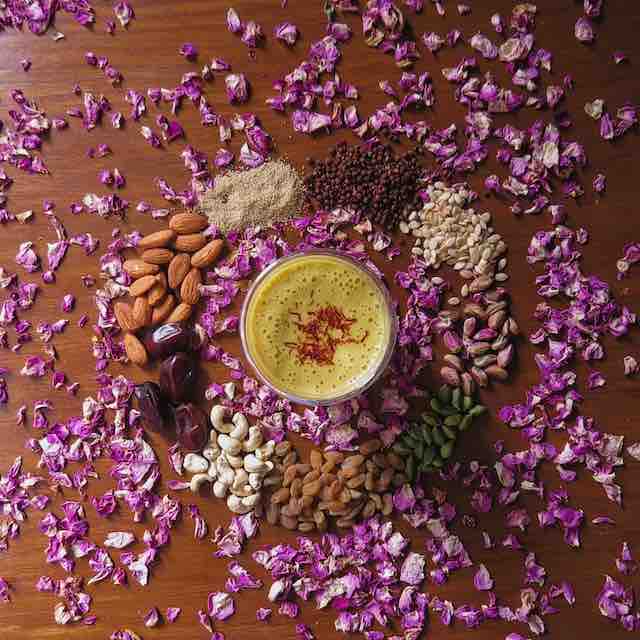Zinc is an essential trace mineral that plays a crucial role in maintaining optimal health. But just how much of it do we actually need? Let’s delve into the specifics of zinc benefits, the dangers of zinc deficiency, and the best food sources of zinc.
#The Power of Zinc: An Essential Trace Mineral
Zinc is one of the key minerals that our body requires to perform numerous vital functions. It is essential for the immune system, growth and development, wound healing, metabolism, and our sense of taste and smell.
Studies have shown that zinc plays a role in the prevention of common cold and reducing the severity and duration of cold symptoms. It’s also been linked to improved learning and memory capabilities, making it a valuable nutrient for all ages.
#Understanding Your Daily Zinc Requirement
So how much zinc do we actually need? According to the National Institutes of Health (NIH), the daily recommended intake of zinc for adult males is 11 milligrams (mg) and 8 mg for adult females. This requirement varies depending on age, sex, and life stages such as pregnancy and lactation.
Exceeding the recommended daily intake can lead to zinc toxicity, which can cause nausea, vomiting, loss of appetite, abdominal cramps, diarrhea, and headaches. Therefore, it’s essential to understand your daily zinc requirement and monitor your intake.
#Recognizing Zinc Deficiency
Signs of zinc deficiency can include hair loss, lack of appetite, impaired immune function, delayed sexual maturation, impotence, skin and eye sores, and poor wound healing. If you suspect that you’re deficient in zinc, consult a healthcare professional who can provide accurate diagnosis and guidance.
#Incorporating Zinc in Your Diet: Beyond Supplements
While zinc supplements are readily available, they should not be the primary source of this essential mineral. Instead, aim to get most of your zinc from a variety of food sources.
Good sources of zinc include oysters, which are the highest known source, followed by red meat and poultry. Vegetarian sources include beans, nuts, whole grains, and dairy products. Fortified foods such as breakfast cereals also contain zinc.
#Conclusion
Understanding the power of zinc and how much you actually need is crucial to maintaining your overall health. Remember that while zinc supplements can help you meet your daily zinc requirement, they are not a replacement for a balanced diet that includes a variety of zinc-rich foods.
Ensuring the right amount of zinc in your diet can help you unlock its benefits, such as enhanced immune function, faster wound healing, and improved cognitive abilities. However, always consult a healthcare professional if you’re considering changing your diet or starting a new supplement regimen.












